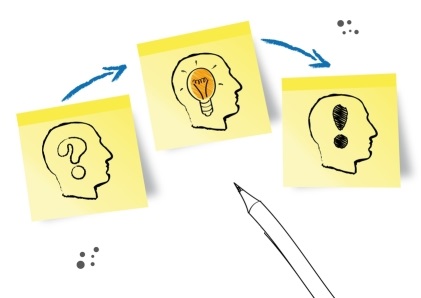
Conference
Who will benefit from the conference?
- HR-experts
- Researchers of skills and competencies in the field of education
- Executives and administrators of educational institutions
- Representatives of government agencies responsible for education reform
Why I Should Attend
Modern technological development leads to the fact that, along with the problem of professional competences formation, appears the problem of key competences development. These include competencies that enable you to work with various kinds of information, use ICT to solve everyday and professional tasks, interact effectively with other people.
The purpose of the event is to review current approaches to the human capital and educational achievements assessment. Within the conference framework there will be discussed international researches, assessment tools of the adult working-age population competences and prospects for the development of tools to assess the achievements of the graduates.
The first large-scale study evaluating the key competence of the adult population, is Competency assessment programme (Programme for International Adult Assessment, PIAAC). Within the framework of the international OECD study 3 core competencies were evaluated in people of working age (16-65 years): reading literacy, mathematical literacy and problem solving in a technologically rich environment.
Along with this research, nowadats ew tools aimed at identifying sought-after competencies are created. This issue is of high importance in the light of the fact that a diploma is no longer a key indicator of high learning outcomes quality. The employer begins to realize that the presence of the prestigious diploma is not a guarantee that the new employee will successfully cope with the assigned functions. A key issue in the 21 century is not "what does a graduate know?" but"what is a graduate able to do?". The result of the research conducted by the Institute of education has been the establishment of HSE RICK test aimed at assessing such key competencies as "problem solving", "information literacy", "critical thinking".
Another project, aimed at resolving the problem of the lack of tools to assess students' readiness for learning in technical institutions and the quality of their training upon completion of higher mathematics and physics study is ISHEL (International Study of Higher Education Learning). The aim of the project is to develop a common instrument for assessing the quality of engineering education in the BRIC countries and evaluate technical students' rediness to learn in high school, as well as the quality of their training after two years of study at the University.

Leading experts and representatives of the education sector and employers will come together for the first time to answer the following questions:
- Higher education outcomes as key indicators of education quality.
- From education to work:essential employers’ tasks for education in terms of key competencies formation.
- Yesterday’s graduate – tomorrow’s young employee: assessment of work readiness.
Within the framework of the Conference we weclome reports including the results of original research and case studies, application-oriented projects. Duration of session report is 15-20 minutes. The working language of the Conference is Russian, synchronous translation of foreign speakers will be organized.
















